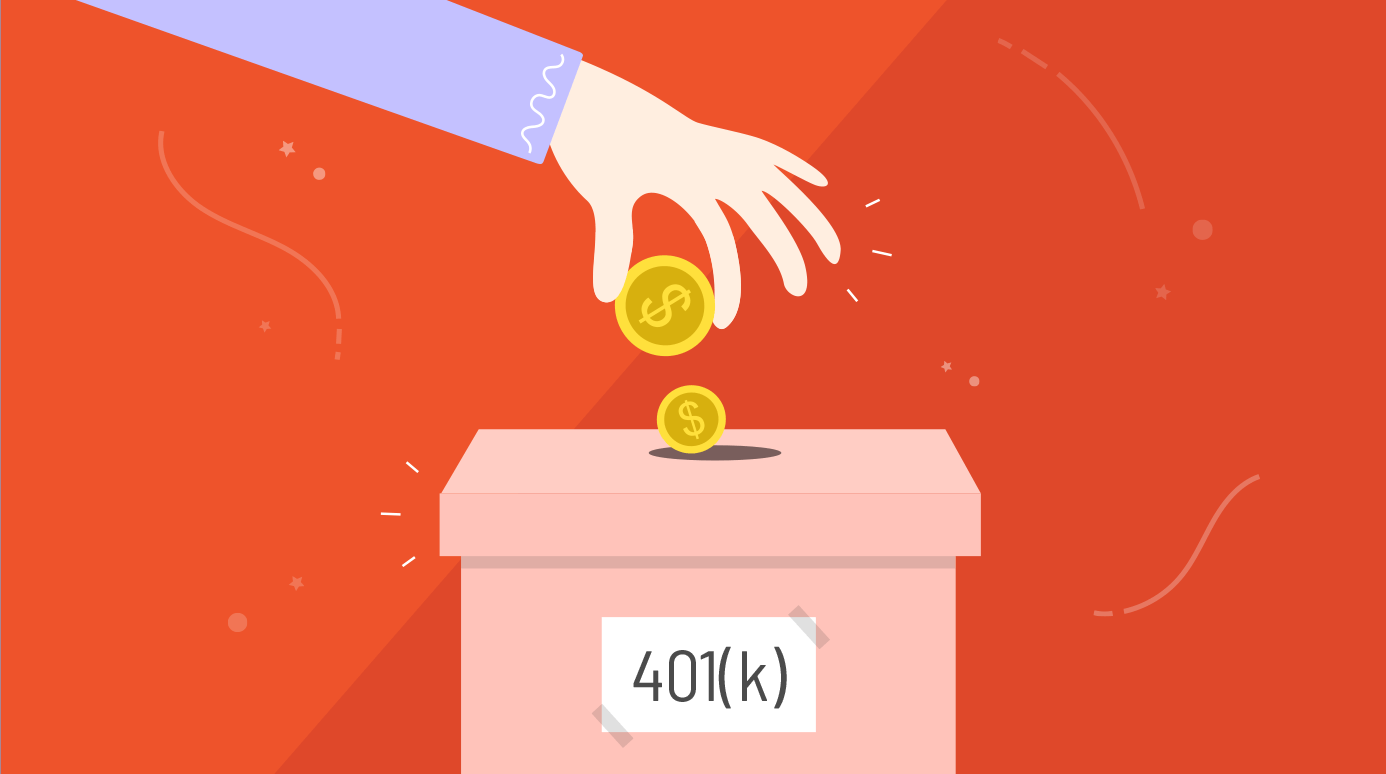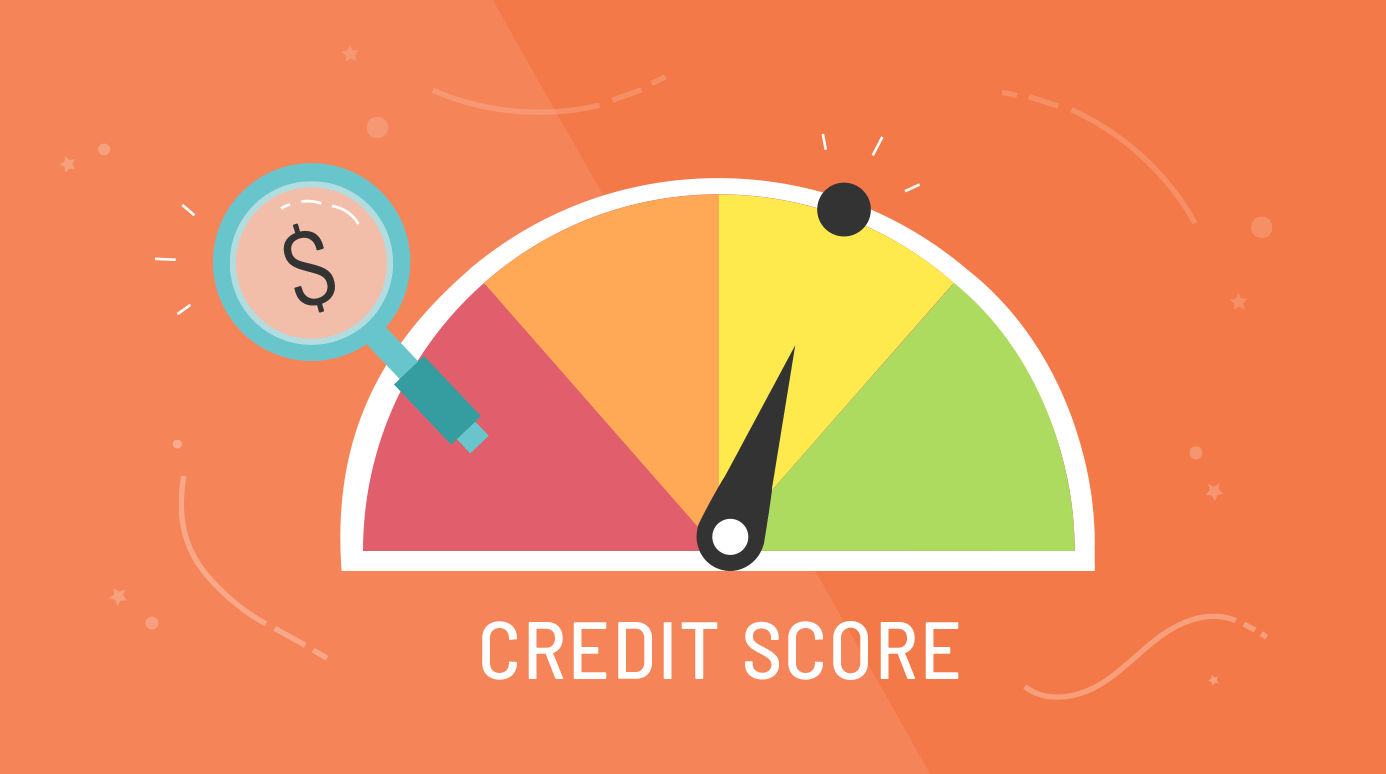

/en/moneybasics/budget-now-before-you-start-looking-for-a-new-job-/content/

What does it mean to live within your means?
Simply put, this means cutting your expenses so you have money left over at the end of each month. By carefully budgeting your expenses, you should have a significant amount of money left over each month.
But wait: Before you rush out to spend all that extra cash, take some time to think about the future.
Make sure you have a budget plan, clear financial goals, and a plan for cutting expenses. (See the first article in this series titled "Budget Now—Before You Start Looking For a New Job".) Then begin setting some money aside for the future. At the very least, you should set aside 10 percent of your monthly gross income for your retirement. In most cases, this money will go into a 401(k) plan, which defers taxes until after retirement.
Don't stop with a retirement plan. There are many other reasons to save as much money as possible. Save for a down payment on a house or car, college, a rainy day, or something to reward yourself.
Saving money really pays off. It makes much more sense to save the money to buy things rather than to rent items or buy them on credit.
Credit is not free money. You will pay dearly for the option to pay for something over time.
Credit cards can be convenient. They are necessary to rent a hotel room, rent a car, or put a deposit on airline tickets. However, credit cards get millions of people into trouble every day. In theory, they are great. We pay a little money (interest) for the privilege of spreading payments out over months or years. But in reality, we pay a lot of money for that convenience.
Let's imagine that you've just bought a fancy TV set that cost $1,000. Depending on how long you take to pay off your card balance, you could spend hundreds of dollars in interest.
| Monthly Payment | Years to Pay Off | Total Paid Back | Total Interest Paid |
| $50 | 2 | $1203.98 | $203.98 |
| $29.64 | 4 | $1422.57 | $422.57 |
| $23.09 | 6 | $1662.58 | $662.58 |
The lower your monthly payment, the more you will pay back in the end.
The cheapest thing to do is to buy something with cash. If that is not possible (and it often isn't), try to pay off your balance each month. Remember, a low monthly payment really means big bucks in the end. Additionally, by saving up for a purchase you actually make money in the form of interest.
The idea of renting a new TV may seem like a great idea. After all, you don’t need any money up front, and in many cases you don't even need to have good credit. Before you rent something like a TV, though, figure out how many months it would take for you to save the money to buy it. Then look at how many months before your rental payments could buy it. In the end, you will see that renting consumer goods and furniture is seldom a good idea.
Stay away from businesses that offer cash advances on your next paycheck
This is never a good idea. These places let you borrow against your paycheck, but they charge you a lot of money for the privilege. This is yet another reason to plan your budget carefully.
Unfortunately, many people feel buried under a mountain of debt—often borrowing money from one card or account to make payments on another. If you think you’re in over your head, it may be time to contact a credit counselor.
A reputable credit counselor can help you consolidate your loans (some may even help you negotiate with credit companies) and develop a plan for getting out of debt. For many, this is the last resort before declaring bankruptcy—something that will stay on your credit record for seven years.
The Consumer Credit Counseling Service has offices throughout the United States. Its counselors will help you to consolidate your debts (saving you on interest) and set up a plan to repay your debt. You will not be charged up front for its services, but it may charge a monthly fee.
The CCCS is funded in large part by the credit industry, which has an interest in getting you to pay your debt without defaulting or declaring bankruptcy. The service can often help you negotiate better rates or repayment terms on your loans.
Whichever credit counselor you choose, look for one that does not charge money up front. This is a sure indicator that you're being scammed.

Your credit rating tracks the state of your credit. In includes information on how much you owe, any loans you have defaulted on, and even late payments. Unfortunately, your credit rating can influence far more than your ability to borrow money. It can also influence your ability to get health insurance and, in some cases, can keep you from getting a job.
Many prospective employers will look into your credit record before hiring you. They do this to see if you might pose a risk to their business.
This may not seem fair. However, many believe that a great deal of debt or a poor credit rating makes employees more likely to steal from the company—or to be so preoccupied with their own problems that they won't get their jobs done.
Because your credit rating is so important, you should make sure that your credit reports are accurate and up-to-date. You have the right to dispute any inaccurate information, and in some cases you can give your own explanation of the problem.
You can order a copy of your credit rating at one of the three major credit reporting agencies. Although some places offer to sell you a copy of your credit report for as much as $50, you can order it for much less from the specific companies.
Also, the Fair Credit Reporting Act (FCRA) requires each of the nationwide consumer reporting companies—Equifax, Experian, and TransUnion—to provide you with a free copy of your credit report once every 12 months if you request it. Follow the links to the three major reporting agencies:
Now that you have created a budget and have checked out your credit rating (and created a practical plan for paying off any debt), start thinking about what this means for your job search.
/en/moneybasics/how-much-does-that-dream-job-cost/content/